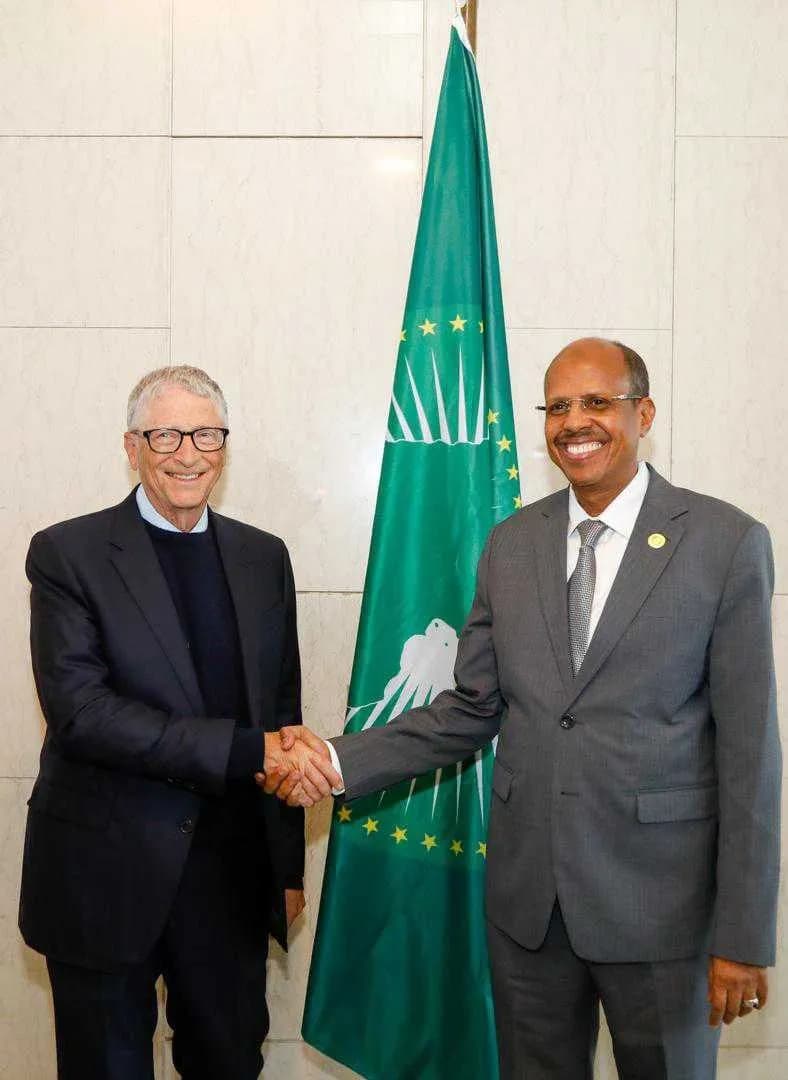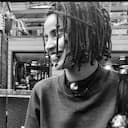Progress for 0 ad
Progress for 1 ad
Progress for 2 ad
Progress for 3 ad


Etenat Awol
Addis Ababa, Ethiopia

A day after Prime Minister Abiy Ahmed (PhD) bestowed Bill Gates with the Special Order, Ethiopia’s highest honor, the American billionaire pledged to give away his wealth for philanthropic works in the coming two decades. During a speech at the African Union headquarters on the backdrop of a quarter century of philanthropic work, Microsoft’s co-founder announced his commitment through the Gates Foundation.
“My wealth will be given away over the next twenty years,” he said to an audience at the Mandela Hall in Ethiopia’s capital. “The majority of that funding will be spent on helping you address challenges here in Africa.”
Once the richest person in the world, the 69-year-old billionaire has an estimated net worth of around 110 billion dollars.
Bill opened his keynote speech by reflecting on his first visit to Africa in 1993, which inspired his philanthropic focus on global health. He cited the reduction of under-five mortality rates from nearly 10 million to under 5 million annually over the past 25 years, attributing these gains to partnerships with African governments and organizations.
The billionaire lauded Ethiopia for its health extension program, which expanded from 1,000 to over 15,000 health posts since 2005, contributing to a more than 50% decrease in child mortality rates.
“Your work has saved lives,” he said, referencing health extension workers.” I have great respect for the enormous work you do.”
The Foundation made its first grant in Ethiopia in 2000 and opened its first office in Africa in Addis Ababa twelve years later. It has invested over $777 million in initiatives spanning health, agriculture, and digital infrastructure in the country. It has played a key role in scaling Ethiopia’s Health Extension Program, deploying over 38,000 workers to more than 16,000 posts nationwide.
Bill noted a 70% decline in HIV-related deaths since its peak in the early 2000s. However, he acknowledged that malaria remains a persistent issue in the continent, with progress hindered by drug and insecticide resistance. Innovations such as dual-insecticide bed nets and genetically modified mosquitoes are being pursued to combat this.
“I believe malaria can be eradicated within twenty years,” he said.
Regarding agriculture, Bill emphasized the importance of transforming Africa from a net food importer to a significant exporter. He discussed initiatives like the introduction of improved poultry breeds, resulting in over 140 million birds being distributed across rural communities.
“The goal is to have Africa go from being a net food importer to being a significant net food exporter, even in the face of population growth and climate change. We know this is achievable. One great example that's already made a huge difference is in poultry.” He added.
The Foundation has worked with the Ethiopian Agricultural Transformation Agency to boost smallholder yields through improved seeds and soil initiatives. It has also backed digital infrastructure projects aimed at expanding financial inclusion and enhancing public service delivery.
Another key focus of Bill’s address was the potential of artificial intelligence (AI) to transform healthcare, education, and agriculture in Africa. The Foundation is investing in digital tools, including AI-powered advisory services that provide farmers with real-time information on planting schedules, soil health, and pest management.
“I love backing scientists who break new ideas. And the latest technology that you're all hearing about is artificial intelligence. And I can say to you that this will be deeply important,” he said, referencing AI’s potential.
Bill expressed concern over recent global aid cuts, especially in health, warning they could undo decades of progress. He stressed the need for continued investment and global solidarity. “The Foundation's commitment to spend $200 billion over the next 20 years reflects an urgency to accelerate progress and support African nations in achieving health and development goals,” he concluded.
👏
😂
❤️
😲
😠

Etenat Awol
Etenat holds a degree in Journalism and her master's in Public Relations. Previously, she served as a university lecturer and has five years of experience in communications, media, digital marketing, and consulting.
Your Email Address Will Not Be Published. Required Fields Are Marked *